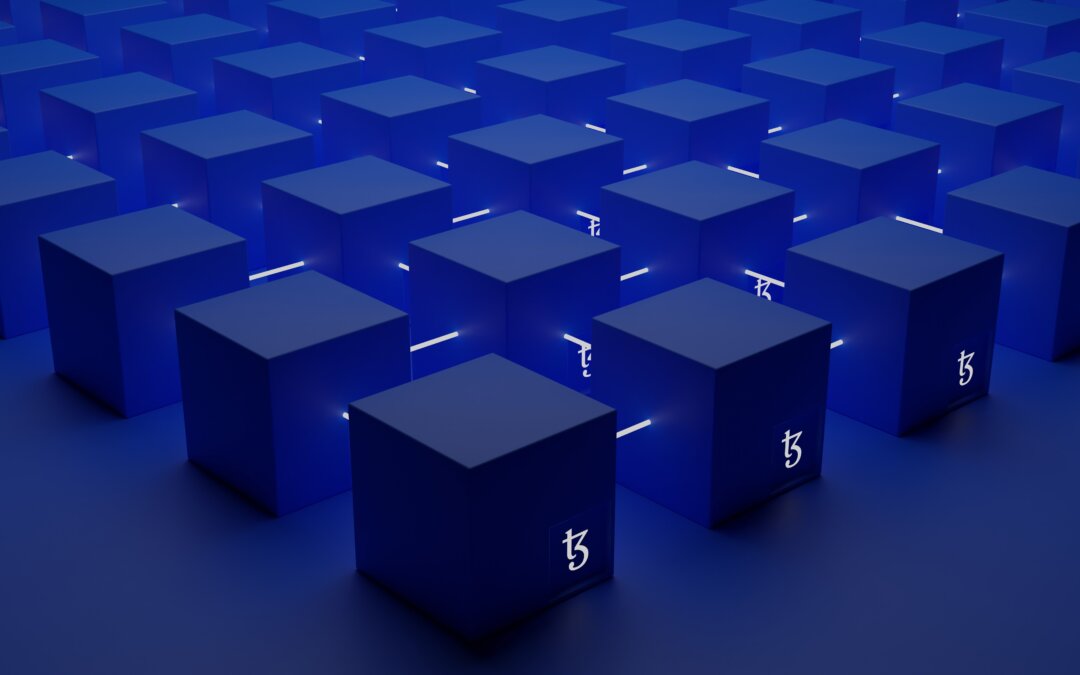Blockchain technology has been making waves in the tech industry since it first emerged with the development of Bitcoin in 2008. It offers a decentralized and secure way to store and transfer data, making it an attractive option for industries ranging from finance to healthcare. However, the anonymity and decentralization that make blockchain technology so appealing also make it an attractive target for criminals. This is where blockchain forensics comes in.
Blockchain forensics is the field of analyzing blockchain transactions to uncover illegal activities such as money laundering, drug trafficking, and cybercrime. It involves using various tools and techniques to analyze the blockchain and track down the individuals or organizations involved in these activities. The growing field of blockchain forensics is becoming increasingly important as more businesses and organizations adopt blockchain technology. According to a report by Grand View Research, the blockchain forensic market is expected to reach $11.6 billion by 2028, driven by increasing concerns over the use of cryptocurrencies in illegal activities.
One of the key tools used in blockchain forensics is blockchain analysis software. This software allows forensic investigators to track transactions on the blockchain and analyze the patterns and behaviors of users. By examining the transactions associated with a particular wallet address, investigators can often determine the identity of the owner or user of that address.
Another important aspect of blockchain forensics is the use of metadata. While the blockchain itself is anonymous, it is possible to gather metadata from other sources, such as social media or IP addresses, to link specific transactions to individuals or organizations. By analyzing this metadata, investigators can build a more complete picture of the individuals or groups involved in illegal activities.
The role of blockchain forensics is not limited to law enforcement agencies. Many businesses and organizations are also turning to blockchain forensics to ensure that their own blockchain networks are secure and free from illicit activity. By analyzing the behavior of users on their networks, businesses can identify potential vulnerabilities and take steps to prevent fraudulent activity.
Blockchain forensics also plays a key role in regulatory compliance. With the growing adoption of blockchain technology in various industries, regulators are increasingly concerned about the potential for cybercrime. By monitoring blockchain transactions and identifying suspicious behavior, regulators can ensure that businesses are complying with relevant laws and regulations.
Despite its growing importance, blockchain forensics is still a relatively new field, and there are many challenges to overcome. One of the biggest challenges is the lack of standardization in blockchain data. Unlike traditional financial transactions, blockchain transactions can take many different forms, and the data associated with these transactions can be difficult to interpret. Another challenge is the issue of privacy. While blockchain forensics can be a powerful tool for identifying criminal activity, it also raises concerns about privacy and civil liberties. As blockchain technology continues to evolve, it will be important to strike a balance between security and privacy.
The growing field of blockchain forensics is becoming increasingly important as more businesses and organizations adopt blockchain technology. With the potential for illegal activity on the blockchain, it is important to have the tools and techniques to analyze blockchain transactions and identify potential threats. While there are many challenges to overcome, the field of blockchain forensics will undoubtedly continue to grow in importance in the coming years.
